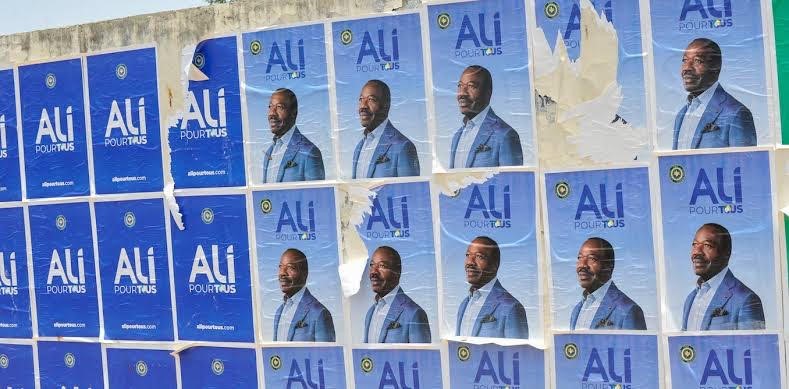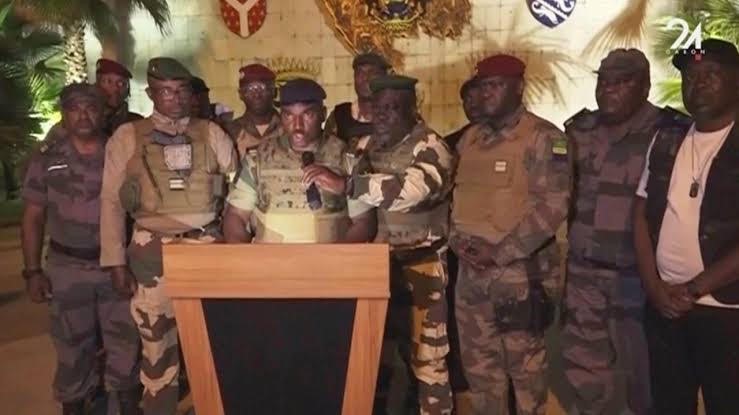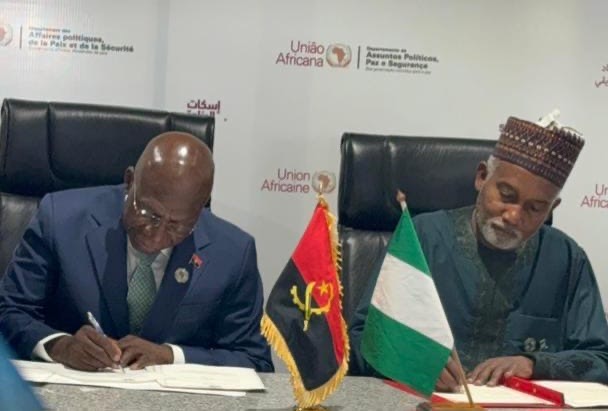Gabon, a Central African nation known for its rich biodiversity and oil reserves, has a complex and evolving power dynamic that has shaped its political landscape for decades. The country’s political history has been marked by a series of transitions, leadership changes, and socio-economic challenges.
Gabon gained independence from France on August 16, 1960, with Leon M’ba as its first president. Following M’ba’s death in 1967, Omar Bongo Ondimba assumed power and ruled for a remarkable 41 years until his passing in 2009. His long-lasting presidency contributed significantly to the power dynamic in Gabon, characterised by a centralised authority.

Key Players in Gabon’s Power Dynamic
- The Bongo Family: The Bongo family, led by Omar Bongo Ondimba and continued by his son Ali Bongo Ondimba, has been a dominant force in Gabonese politics. The family’s influence extends beyond the presidency, with key government positions often held by members of the Bongo clan.
- Opposition Figures: Gabon has seen various opposition figures who have challenged the Bongo family’s rule, including Jean Ping, a former chairman of the African Union Commission. These figures have played a crucial role in shaping the power struggle within the country.
- Economic Interests: Gabon’s substantial oil wealth has attracted international corporations and foreign interests. The power dynamic is influenced by these economic players who have vested interests in the country’s resource-rich environment.
The 2016 presidential election was a pivotal moment in Gabon’s recent history. Ali Bongo’s controversial victory sparked violent protests and allegations of election fraud. This unrest highlighted the fragility of the country’s political system and the desire for change among the population.
In the midst of Gabon’s evolving power dynamic, a significant and dramatic event unfolded. Mutinous soldiers claimed to have seized power in Gabon, putting President Ali Bongo Ondimba under house arrest. This incident occurred mere hours after he was declared the winner in an election that would have extended his family’s 55-year rule over the oil-rich Central African nation.

In a striking turn of events, President Ali Bongo Ondimba appeared in a video from detention at his residence, calling on the people to “make noise” in support of him. However, the reaction on the streets of the capital told a different story. Crowds took to the streets and sang the national anthem, signifying their opposition to the incumbent leadership.
This coup attempt marks a significant moment in Gabon’s political history, as it reflects the deep-seated frustrations of the population. The Bongo family dynasty has long been accused of amassing wealth from the country’s abundant natural resources while many of its citizens struggle to make ends meet. This disconnect between the ruling elite and the broader population has fuelled dissatisfaction and unrest, making the power dynamic in Gabon even more volatile.
The African Union’s response has been to suspend Gabon’s membership, and if the EU and other western nations react similarly as they have to recent coups, it is probable that sanctions will be enforced. France, which has maintained strong economic, diplomatic, and military connections with Gabon and has 400 troops stationed there, has strongly condemned the coup and called for the election outcome to be upheld, as has the UK. The United States has expressed deep concern over the events in Gabon, while the EU, according to its top diplomat, Josep Borrell, has announced that the coup will be discussed by ministers this week, stating, “If this is confirmed, it’s another military coup that further destabilises the entire region.”
Gabon is not a member of the Economic Community of West African States (Ecowas), the regional body for West Africa. However, the developments in Libreville will place pressure on Ecowas, which is already deliberating ways to address the recent coup in Niger, which occurred just a month ago. The coup poses a challenge for France due to its close relationship with Ali Bongo, and there may be pressure on France to consider military intervention, especially as Ecowas is already occupied with the situation in Niger. France’s influence in a region it once considered its imperial sphere has suffered setbacks in the past two years due to coups in French-speaking countries like Mali, Burkina Faso, and now Niger.
Conversely, Russia has been working steadily to bolster its influence in the region and may perceive an opportunity to expand its sway by supporting Gabon’s military junta. China, too, is eager to play a larger role in the region, although its focus tends to be on building economic ties in the resource-rich continent.
Nevertheless, the aftermath of recent events in Libreville will undoubtedly be closely monitored by other longstanding rulers in the region whose democratic legitimacy may be weaker compared to their reliance on their armed forces or foreign mercenaries to maintain their hold on power.
As the situation unfolds, both domestically and on the international stage, it remains to be seen how this coup attempt will impact the future of Gabon’s leadership and its ongoing struggle to balance political stability with the equitable distribution of its resource wealth. The events in Gabon serve as a stark reminder of the complexities and challenges faced by nations with vast natural resources and entrenched political dynasties.
- The Economisthttps://www.economist.com › the-c…The coup in Gabon is part of an alarming trend
- NPRwww.npr.orgThe latest on the coup in Gabon
- Al Jazeerawww.aljazeera.comWorld reaction to the military coup in Gabon
- The Conversationhttps://theconversation.com › coup-…Coup in Gabon: Ali Bongo the eighth west African leader to be ousted by …
- africanews.comhttps://www.africanews.com › africa…African Union suspends Gabon following military coup – Africanews




